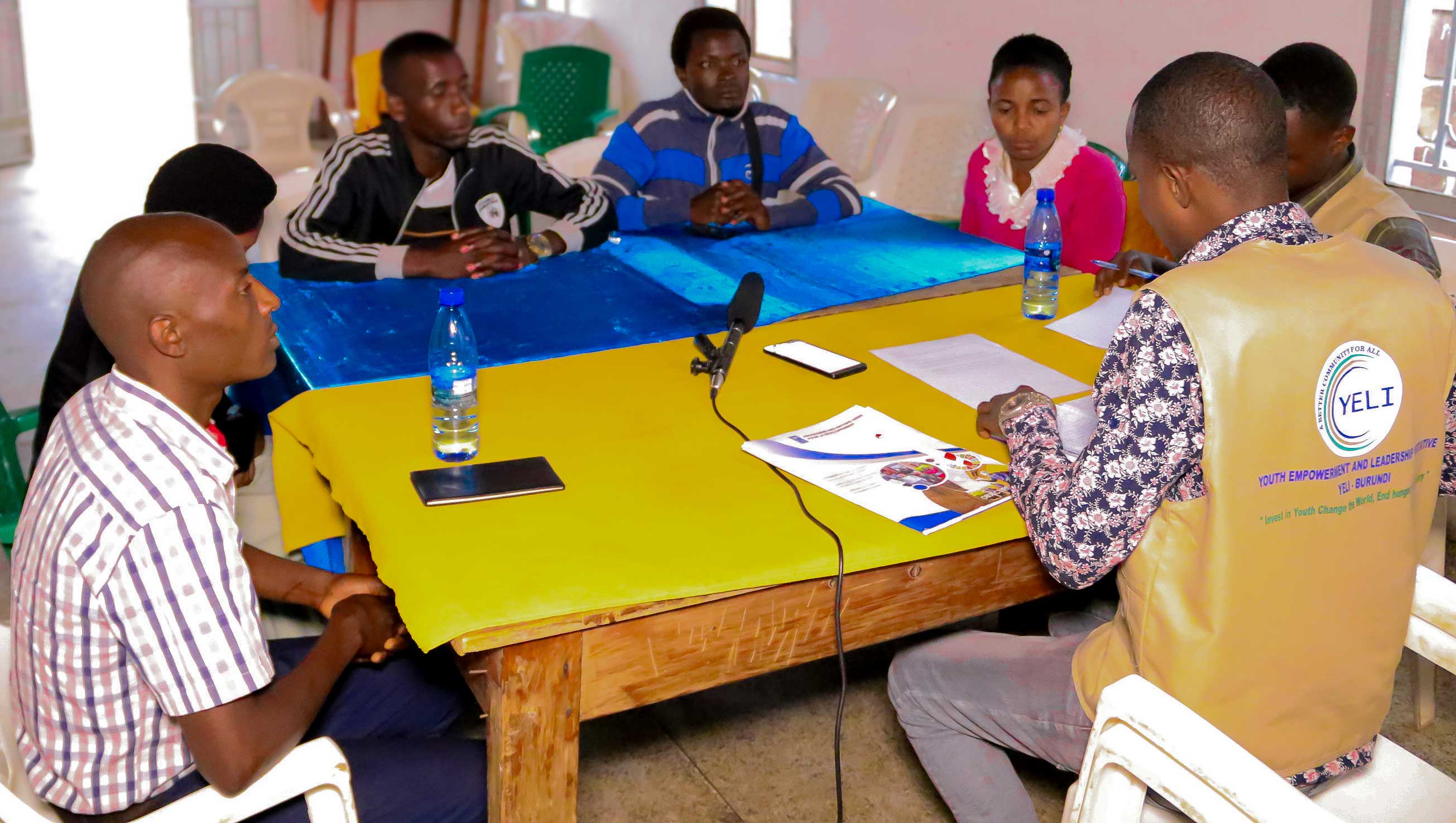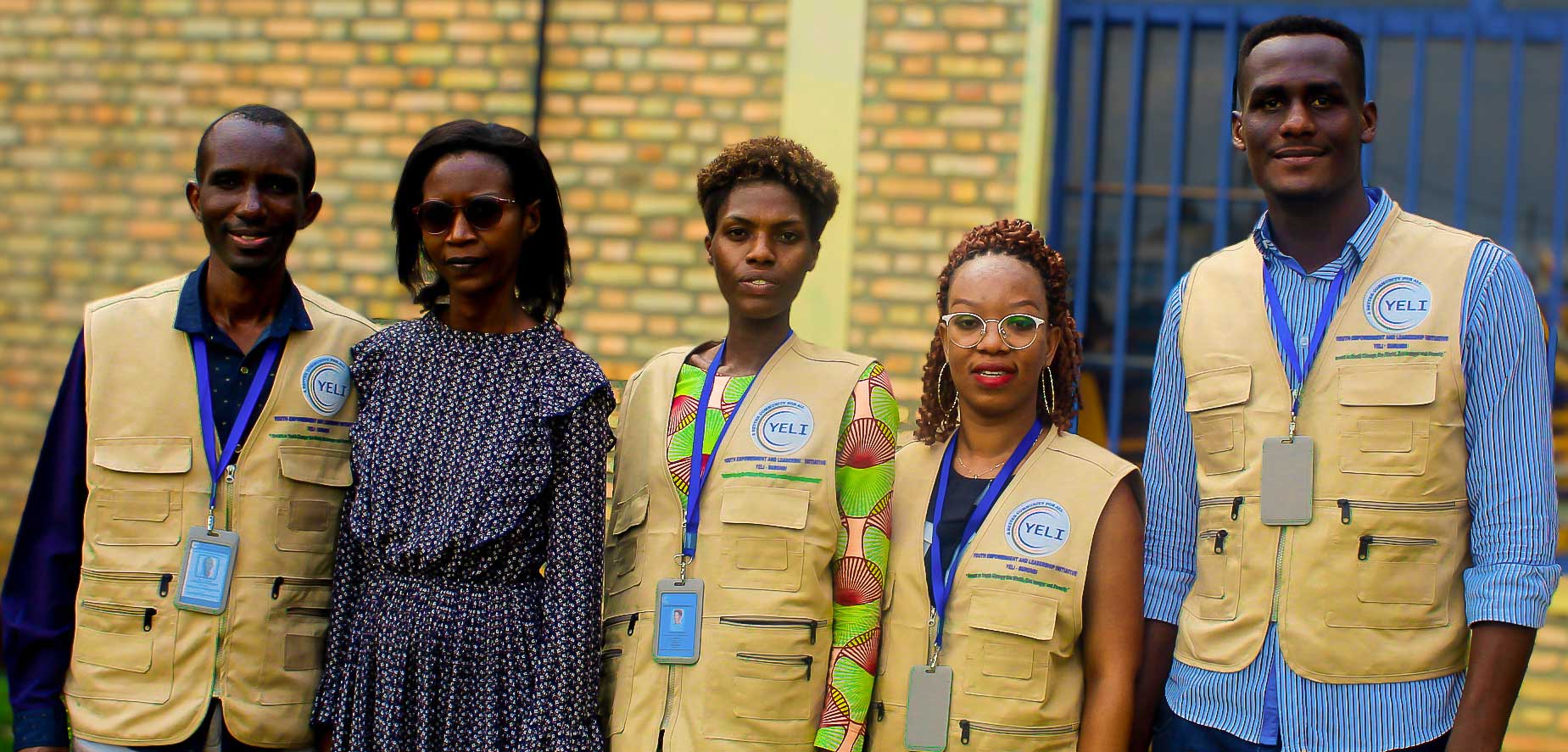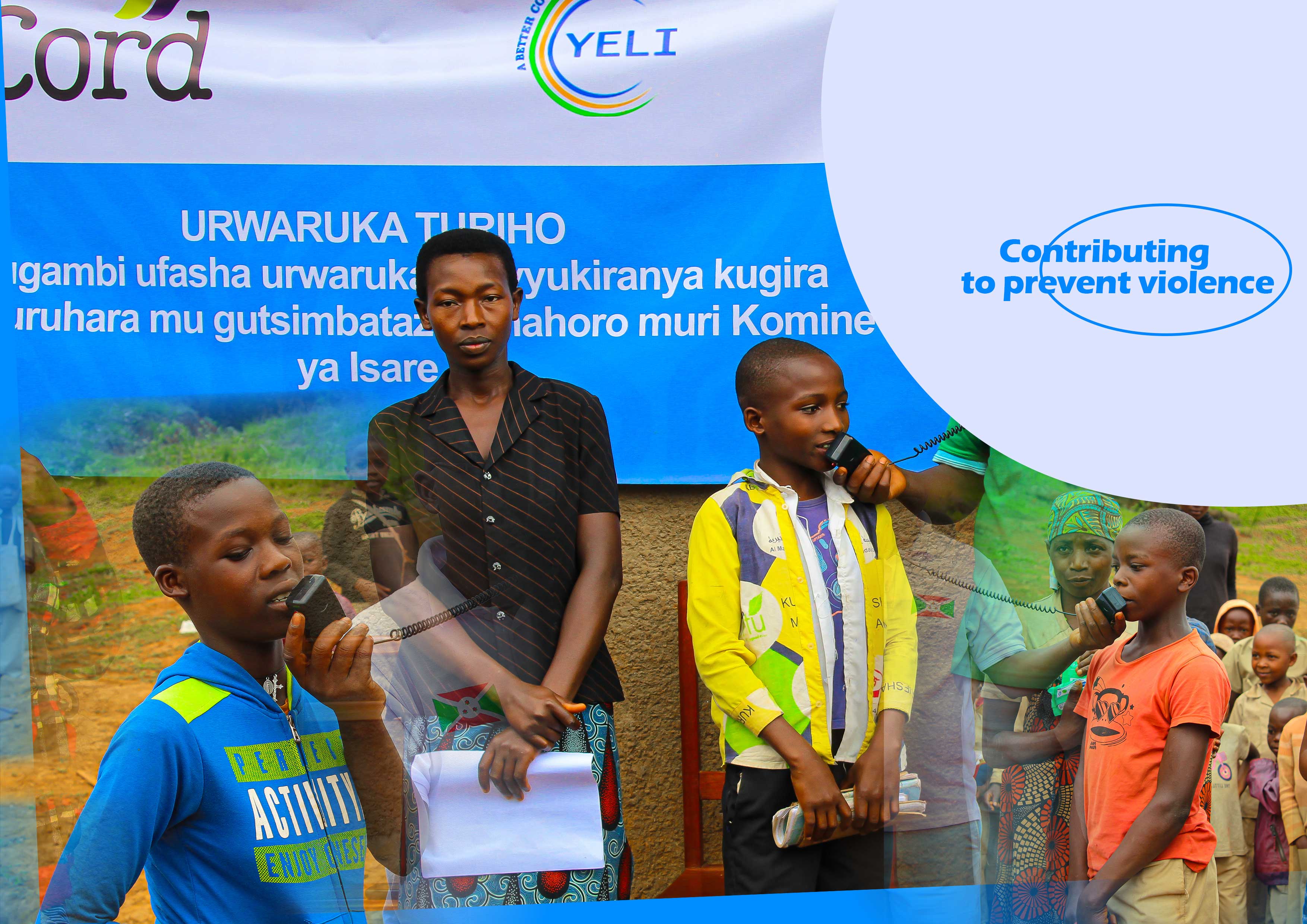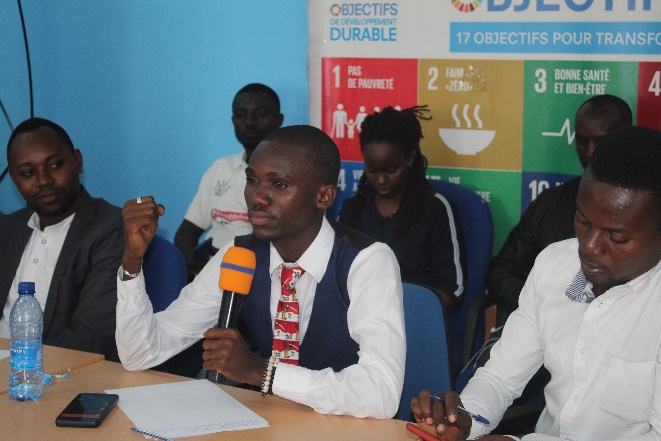National YPS Strategy & National Action Plan in Burundi
This article offers an overview of Burundi’s recently adopted National Strategy on Youth, Peace, and Security, along with its corresponding National Action Plan. It explores the strategy’s content, the development process, and the author’s recommendations for effective implementation.
While the strategy has been adopted, the Burundian government has yet to officially launch the National Action Plan. The official launch and subsequent allocation of resources for its implementation is critical in ensuring that young people in Burundi are actively engaged in peacebuilding, governance, and decision-making.
Introduction
The National Strategy on Youth, Peace and Security and it’s National Action Plan (NS YPS/NAP) emanates from the commitment of the Head of State, the President of Burundi, Evariste Ndayishimiye who is recognised as a “Friend of Youth” and “The African Union Champion for the Youth, Peace and Security Agenda”. The NS YPS/ NAP constitutes a framework to develop human capital capable of addressing current and emerging challenges faced by young people.
Burundi has adopted the NS YPS/NAP as it is initiating the process toward achieving the status of ‘Emerging Country’ by 2040 and ‘Developed Country’ by 2060, while meeting the needs of current generations without jeopardizing the chances of future generations.
The raison d’être stems from various international, regional, and sub-regional instruments and policies; United Nations Security Council Resolution (UNSCR) 2250 (2015); the African Union Continental Framework on YPS; the Regional Strategy of theYouth of the East African Community (EAC) on Peace and Security and the Plan for its Implementation (2021-2026).
The adoption of the NS YPS/NAP in Burundi legitimises and recognises the potential of young people to shape the future of the country. By addressing the needs and aspirations of youth, while simultaneously empowering them to play a key role in peace and security processes, the plan sets the foundation for a more inclusive, peaceful, and prosperous society.
Why the National Action Plan on the Youth, Peace, and Security
The NAP on YPS serves as an essential framework to address the role of young people in building peace and security, preventing violence, and ensuring the active and meaningful participation of young people in decision-making processes. The NS YPS/NAP is instrumental to the localisation and implementation of UNSCR2250, unanimously adopted in 2015, which recognises that young people are not only either perpetrators or passive victims of conflict, but essential agents of change who can help build peace, prevent violence, and contribute to security.
In line with this global framework, the Republic of Burundi and the Ministry of Youth recognized the need for a structured framework to engage young people in peace process and address the underlying issues of the systemic marginalization and exclusion of young people from governance and decision making spaces.
The Development Process
Under the instructions of the Prime Minister of the Republic of Burundi, the Ministry of Youth, in collaboration with the United Nations Development Program (UNDP) and the United Nations Population Fund (UNFPA) and a cohort of youth-led organisations, undertook the process of developing the NS YPS/ NAP. The Ministry set up a Multi-Sectoral Steering Committee (MSC) composed of representatives from the Ministry of the Interior, Community Development and Public Security, the Ministry of National Defense and Ancient Combatants, and the Ministry of National Solidarity, Social Affairs, Human Rights and Gender. Membership of the MSC was extended to youth organizations to include the National Youth Council of Burundi (NYCB), Youth Empowerment and Leadership Initiative (YELI), Réseau des Organisations de Jeunes en Action pour la Paix, la Réconciliation et le Développement (REJA); and Association pour une Jeunesse Africaine Progressiste (AJAP).
At the methodological level, the process followed a participatory approach through consultations, bringing together key stakeholders concerned with YPS. This approach ensured that the priorities and concerns of youth were directly integrated into the action plan. These were supplemented by online and in-person consultations, followed by strategic development during a series of MSC retreats. These consultations and retreats led to the development of a draft plan, which outlined concrete steps to enhance youth participation in decision-making, conflict prevention, and peacebuilding efforts.
These are the pictures that were taken during the in-person consultations.
After extensive consultations and revisions, the NS on YPS and its NAP was officially adopted in 2024. The adoption of the NS YPS/NAPis a milestone achievement, signaling Burundi’s commitment to addressing youth-related challenges in a way that prioritizes peace, security, and sustainable development.
The plan outlines strategic actions and policy measures to integrate youth into national peace and security efforts, with a clear focus on areas such as:
- Improving the inclusive participation of young people in peace and security dynamics;
- Strengthening youth protection frameworks and mechanisms;
- Increasing the role of young people’s efforts to prevent, manage and peacefully resolve conflicts;
- Improving coordination and partnership between institutions and youth organizations on the one hand and synergy between them, on the other;
- Strengthening support for young people in situations of multifaceted vulnerability due to the various causing their vulnerability.
Burundi’s NS YPS/ NAP aligns with broader global initiatives, such as the 2030 Agenda for Sustainable Development and the African Union’s ‘Silencing the Guns’ initiative, which emphasizes the important role of young people in sustaining peace and security on the African continent. As such, Burundi’s action plan not only addresses local challenges but also contributes to the global effort to promote youth-led peacebuilding and security.
Recommendations for Implementation
Following its adoption, the successful implementation of the NS YPS/NAP will require coordinated efforts among the Burundian government, youth organizations, and international stakeholders. The government has committed to ensuring that the action plan is fully integrated into national development policies and that adequate resources are allocated to support youth initiatives.
A robust monitoring and evaluation framework will be essential to track progress and assess the impact of the plan over time. This includes mechanisms for youth participation in the oversight of the NS YPS/NAP’s implementation, ensuring that young people remain active and valued contributors to the process.
The adoption of the NS on YPS and its NAP in Burundi represents a significant leap forward in empowering youth to play an active role in building peace and promoting security in the country. It underscores a commitment to creating a more inclusive and peaceful society, where young people are not just seen as beneficiaries of peace, but as active agents of change. With continued collaboration between national and international stakeholders, the action plan has the potential to help transform the social and political landscape of Burundi, ensuring that the country’s youth can contribute meaningfully to its future.
The action plan’s success depends on its ability to foster collaboration among all stakeholders and to ensure that young people are given the resources, opportunities, and platforms needed to contribute meaningfully to the peacebuilding process.
We, young people, are more than ready to engage and participate meaningfully, actively, socially and politically. I invite different international stakeholders to collaborate with us to ensure the wellbeing, and rights of young people.
I take this opportunity to encourage other Member States to redouble their efforts to develop national action plans on Youth, Peace and Security and to further mobilize the resources needed to implement them effectively.
About the author: Franck NGENZEBUHORO is a young peacebuilder from Burundi, working as a Co-Director for the Youth Empowerment and Leadership Initiative (YELI), member of African Youth Advocacy Team (A-YAT). YELI was part of the Steering Committee that developed the NAP.


 BY YELIBURUNDI.ORG
BY YELIBURUNDI.ORG



-20250504.jpg)
